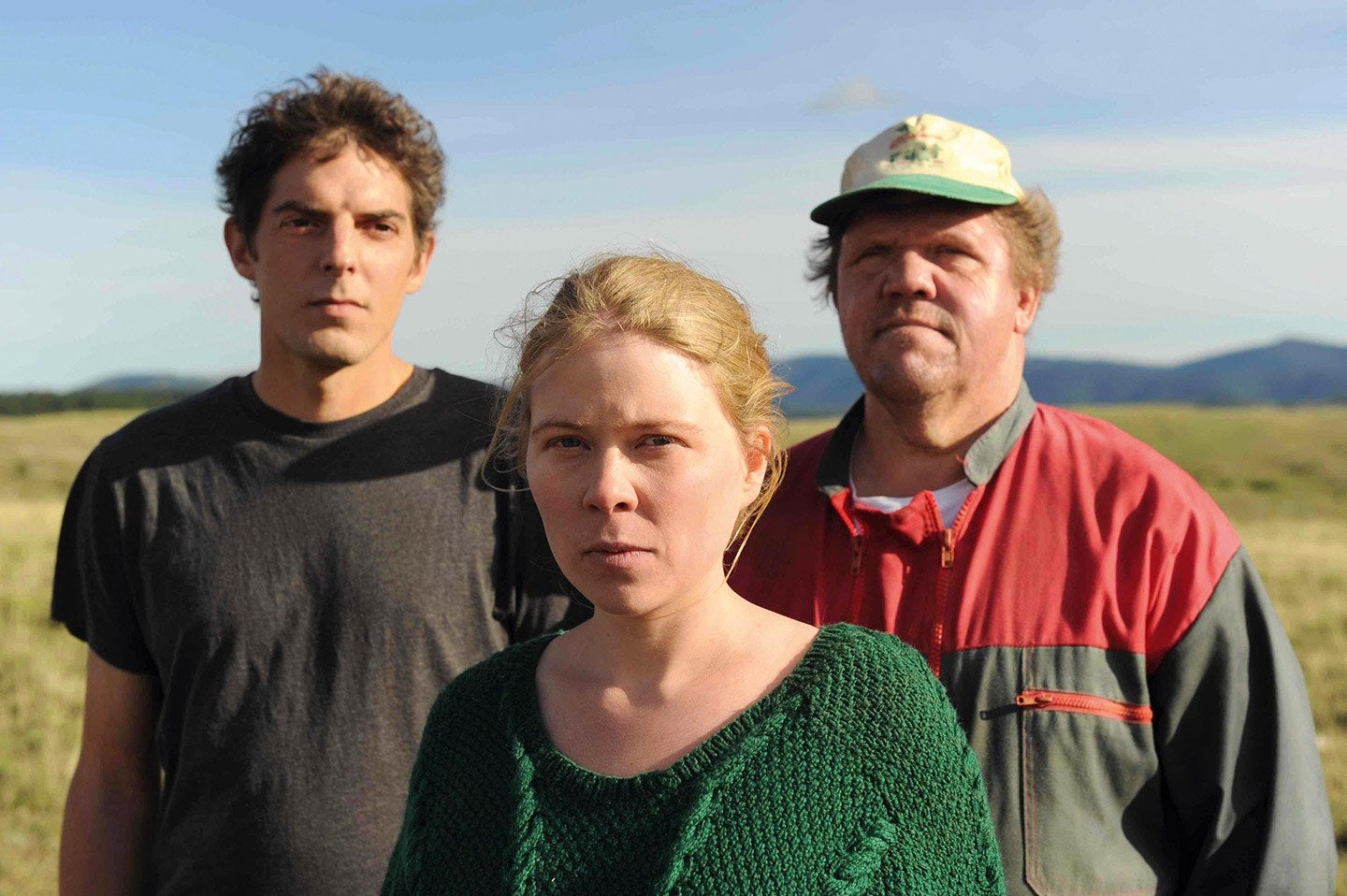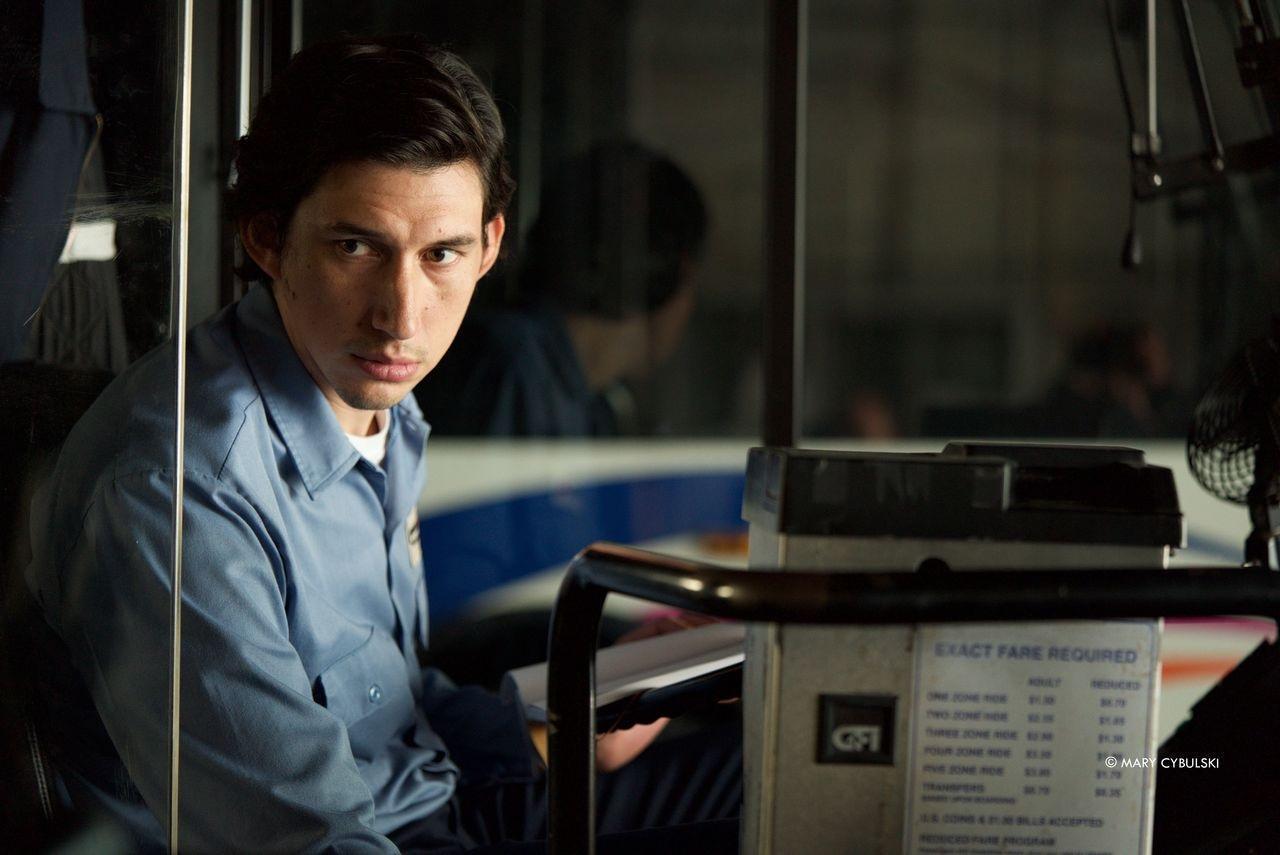Cannes 2016: Toni Erdmann, American Honey and the Palme d'Or contenders
This was the most enthralling Cannes Film Festival in years. But which feature will win the industry's most coveted prize?

Your support helps us to tell the story
From reproductive rights to climate change to Big Tech, The Independent is on the ground when the story is developing. Whether it's investigating the financials of Elon Musk's pro-Trump PAC or producing our latest documentary, 'The A Word', which shines a light on the American women fighting for reproductive rights, we know how important it is to parse out the facts from the messaging.
At such a critical moment in US history, we need reporters on the ground. Your donation allows us to keep sending journalists to speak to both sides of the story.
The Independent is trusted by Americans across the entire political spectrum. And unlike many other quality news outlets, we choose not to lock Americans out of our reporting and analysis with paywalls. We believe quality journalism should be available to everyone, paid for by those who can afford it.
Your support makes all the difference.Take note of these names: Maren Ade, Kleber Mendonca Filho, Alain Guiraudie, Mohamed Diab, Kim Nguyen, Shahrbanoo Sadat and Julia Ducournau. The most entertaining and enthralling Cannes Film Festival in many a year saw the changing of the guard, as a new generation of filmmakers announced themselves as world-class auteurs.
First amongst equals was German director Ade. Her third film, Toni Erdmann, and first in contention for the coveted Palme d’Or set the tone for the festival, where the best films all had memorable scenes of schadenfreude. Toni Erdmann is about a goofy German father (Peter Simonischek) travelling to Romania so that he can remind his management consultant daughter (Sandra Huller) that there is more to life than work and money. The performances and comic timing are perfection. But there is also a mean streak it revels in - a sex scene gets laughs as the management consultant forces her lover into a sex act with petit fours.
Likewise, it’s a macabre sex scene in Alain Guiraudie’s Staying Vertical that got most laughs. Made by the director of LGBT smash Stranger By The Lake, his new film reminded me of Hitchcock’s North by Northwest, in its wildly unpredictable storytelling. The filmmaker protagonist is completely unlikeable, so when he has a torrid sexual experience that ends with the police being called, we enjoy the bad luck of the new dad, whose life of miserable luck continues.

Away from the main competition, scenes of schadenfreude were also in abundance. The great discovery of the festival was Raw, by debutante French director Julia Ducournau. It’s about a vegetarian girl who heads to vet school and gets a taste for meat at Fresher’s week. There is a hair removal scene that ends with hospitalisation that was my favourite couple of minutes of the festival.
Another feature of Cannes was the number of films that contained scenes of a protagonist singing. A little tune often goes a long way to adding to the enjoyment of a film and making us love a character. The two best female performers of the festival, Sonia Braga in the exquisite Aquarius and Huller in Toni Erdmann, reinterpret pop-classics. While in the Director’s Fortnight title, Tour de France sees Gerard Depardieu come up with a gangsta rap while playing a bigoted Frenchman on a road trip with a French Arab musician.
And if it was not singing, it was animals appearing everywhere. Wolf and Sheep is made by the first Afghan female director to appear at Cannes, Shahrbanoo Sadat, who is also the youngest director to be selected at Cannes this year. Her mix of fantasy and reality creates an otherworldly atmosphere in the Afghan-set film about being shunned in a small community of gossipers. There is a talking polar bear in Kim Nguyen’s Two Lovers and a Bear starring Dane Dehaan.
There was also a bear that surprisingly pops up in Andrea Arnold’s competition entry American Honey, about a teenager who signs up to become a travelling magazine salesman. Fish Tank director Arnold has always been a great essayist of the British working class, and she loses none of this magic with her move to America, as this is her most accomplished picture and one of the best looks at the malaise in American youth since Kids. She even coaxes the best out of Shia LaBeouf who plays a recruiter.
Dogs are always popular in Cannes, where the much-loved Palme Dog prize is handed out to the best dog in film. Our four-legged friend made an appearance in Ken Loach’s excellent drama about the British benefit system, I, Daniel Blake, and there was a more comic dog, who acted as a third character in Jim Jarmusch’s beautiful paean to the simple life, Paterson, which sees Adam Driver play a poet bus driver and Golshifteh Farahani, his poet wife. Both Jarmusch and Loach came with their A-game and that was the beauty of hearing these new voices; they were up against films where well-known auteurs were making their best efforts in many a film.

Pedro Almodóvar had a return to form, of sorts, with his Patricia Highsmith inspired thriller, Julietta. The big disappointments were Xavier Dolan, Olivier Assayas and Bruno Dumont. One must remember that Dolan is only 27, and his adaptation of the play Juste la fin du monde (It’s Only the End of the World), by Jean-Luc Lagarce, suffers because no matter how much visual panache he brings to the production, the source text is still poor. Assayas made Personal Shopper, one of the many supernatural dramas at Cannes, and I was going along for the ride until a ten-minute sequence of text messaging on Eurostar. I can watch star Kristen Stewart do many things, but typing on her phone is not one of them.
I have a feeling that Bruno Dumont’s Slack Bay may improve when watched away from the several-films-a-day schedule at Cannes. For me, it had the frustrations that I felt when watching Hail, Caesar! as it seemed that the more you know about the cinematic period he was paying tribute to, the more you can find to admire. Dumont may have Laurel and Hardy policeman, but there are also a lot of characters from early cinema that requires some expertise to name.
At the time of writing, I see the Palme d’Or being a battle between the two female directors, Maren Ade and Andrea Arnold. I hope Ade wins.
Join our commenting forum
Join thought-provoking conversations, follow other Independent readers and see their replies
Comments